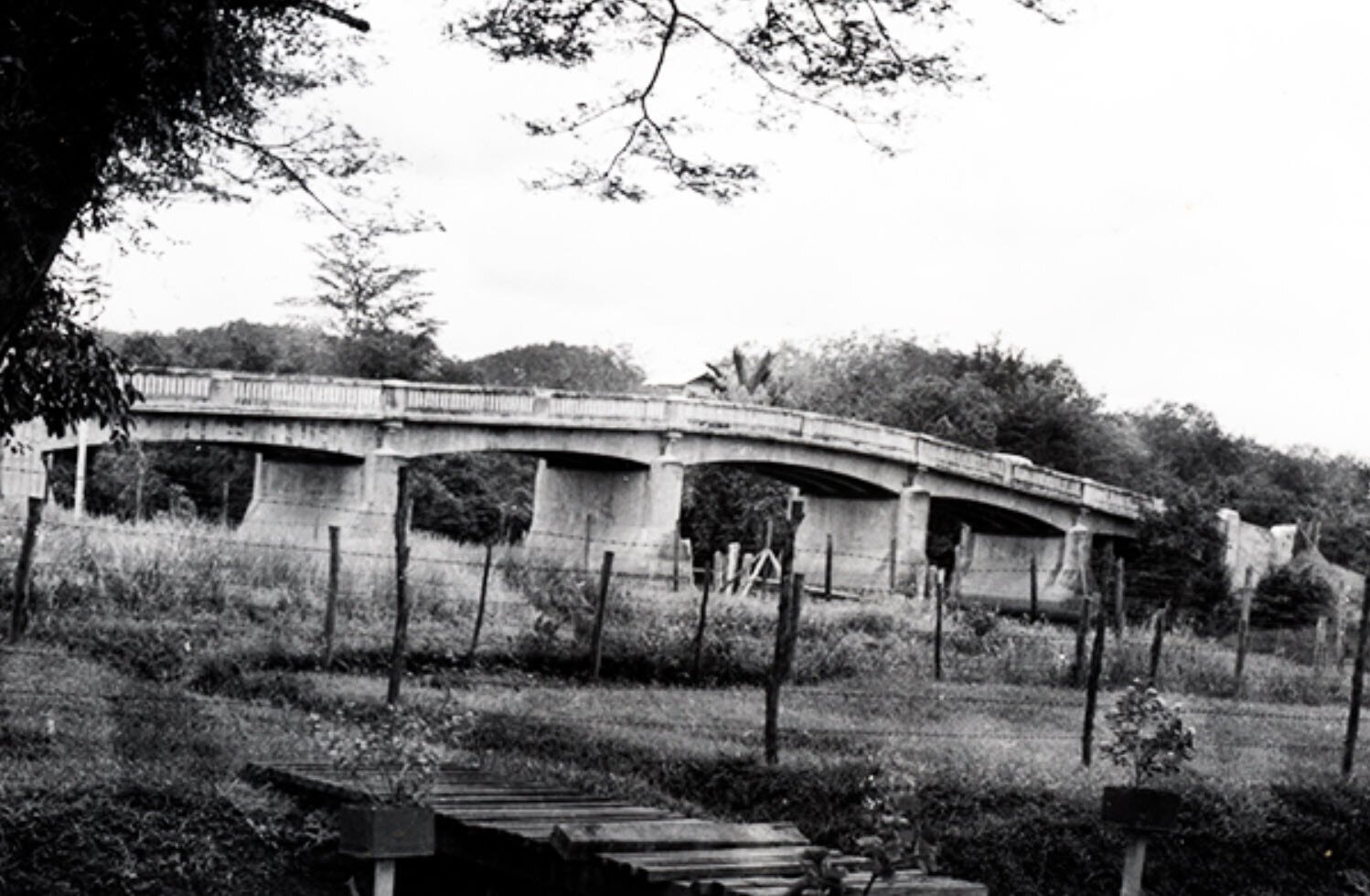Major-General Gordon Bennett, General Officer Commanding AIF, Malaya 1941-1942
Lieutenant-General Arthur Percival, the General Officer Commanding Malaya, was a controversial figure for his part in the Fall of Singapore. But equally, so was Major-General (later to be Lieutenant-General) Henry Gordon (Gordon) Bennett. With a near contempt for British senior officers gained from WW1, an outspoken nature and a confidence in his own ability, Bennett clashed with Percival and the other generals of the Allied High Command in Singapore. But, unlike the other generals, Bennett escaped from Singapore, just hours after Percival had signed the surrender.
Parit Sulong Bridge Massacre
The barbarism of the Imperial Japanese Army had no bounds. When the Japanese invaded Malaya on the 8th December 1941, their overwhelming numbers, mobility with the use of bicycles, light tanks and air superiority, ensured their victory as they made their way south to Singapore. Their speed was such that in some cases, allied soldiers became surrounded or overrun and had no choice but to surrender thinking that they would be protected. But the Japanese policy of taking no prisoners to avoid being slowed down ensured that most would be quickly executed after capture. One such incident occurred at the bridge at Parit Sulong in Southern Malaya.
Lieutenant Meiklejohn: 2/4th Machine Gun Battalion AIF
Lieutenant John Thompson Meiklejohn was a member of the Australian 2/4th Machine Gun Battalion which was part of the Australian 8th Division’s 22nd Brigade. His story of heroism while leading his men, is the story of the initial invasion of Singapore on the night of the 8th February 1942.
Fall of Singapore in WWII: An Overview
Within hours of the Japanese Navy’s attack on Pearl Harbour, the Imperial Japanese Army invaded Malaya (now Malaysia) both through Thailand and by landing on its north-east coast at Kota Bahru. Just over two months later, the British-led allied forces in Singapore would surrender.
Private Mick Johnston
On Anzac Day (25th April) and Remembrance Day (11th November) each year, we reflect on those brave men and women who gave there lives in the defense of our country. We also remember those who have gone to war, returned, but suffered the physical and mental anguish of their duty.
In 2009, while undertaking family history research, I found a forgotten member of the family who died in World War 2 while working as a POW on the Burma-Thailand Railway.





